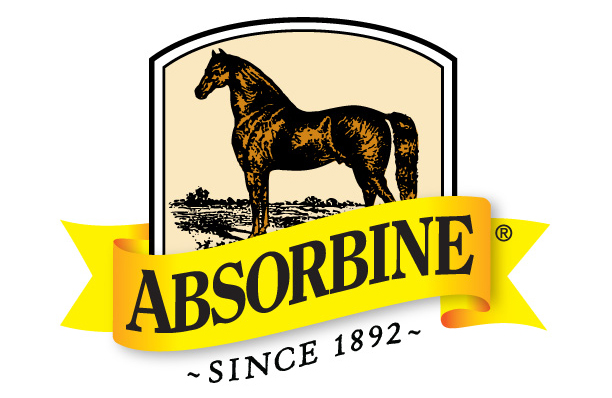Legislative Update
American Horse Council’s (AHC) will be up on Capitol Hill over the next coming weeks to urge completion of proposals addressing horse welfare, access to public recreation areas, tax relief, horse transport, and agricultural employment. Several of these bills have had committee hearings, while others await initial consideration. There is a rush at the end of a congressional term to move the focus to topics intended to capture the attention and support of voters in an election year – our proposals are some of those focus topics.
Case in point: Congress has interrupted its usual August recess with session work to adopt the massive Inflation Reduction Act which included many tax credits and incentives to lower carbon emissions, fund alternative energy sources, water conservation payments for Western farmers and ranchers in the Colorado River basin, and provide dollars for federal health care plans.
As a result, you may have tax, health care, and debt forgiveness options.
If you are upgrading your operations there will be tax credits available for solar panels, heat pumps and small wind energy systems. There’s also a credit for electric vehicles, but the $7,500 comes with “Made in America” requirements that may make it impossible to claim the subsidy for the purchase of most electric vehicles currently on the market.
The bill also provides debt relief to farmers and ranchers holding distressed United States Department of Agriculture (USDA) federal loans.
As described by the Congressional Research Service, nearly $2.9 billion is allocated to help underserved farmers, ranchers, and forest landowners, defined to include those living in high poverty areas, veterans, limited resource producers, and beginning farmers and ranchers. Most of this assistance is $2.2 billion of financial assistance for those who experienced discrimination before 2021 in USDA farm lending programs. Individual payments for discrimination would be limited to $500,000 and are to be administered by nongovernmental entities selected and overseen by USDA. The bill also would provide $125 million for technical assistance, outreach, and mediation; $250 million for land loss assistance, such as heirs’ property and fractionated land; $250 million for agricultural education emphasizing scholarships and career development at historically Black, tribal, and Hispanic colleges; and $10 million for equity. USDA is expected to write the rules defining the criteria for eligibility.
A provision with more immediate rewards is financial assistance for those who hold insurance through the Affordable Care Act. According to The Hill, a news organization covering Congress, the proposal expands eligibility to receive help paying their premiums, and it increases the amount of aid. The payments to off-set federal market insurance costs were scheduled to expire at the end of this year. Another “relief” provision extends the limitation on excess business losses of non-corporate taxpayers.
The Administration plans to post a new climate Website describing the tax credits along with eligibility requirements
Spending $430 billion dollars is no easy task. Finding a revenue stream to pay for spending $430 is an even a more difficult task. Big, billion-dollar companies are going to foot some of the bill, but there are expectations that the $80 billion earmarked for the Internal Revenue Service (IRS) to modernize and enhance enforcement audits will offset the costs associated with the Inflation Reduction Act. In a letter to Congress the IRS Commissioner reassured legislators that funding increases “are absolutely not about increasing audit scrutiny on small businesses or middle-income Americans.”
Stay tuned. The Inflation Reduction Act will likely be campaign issue



















